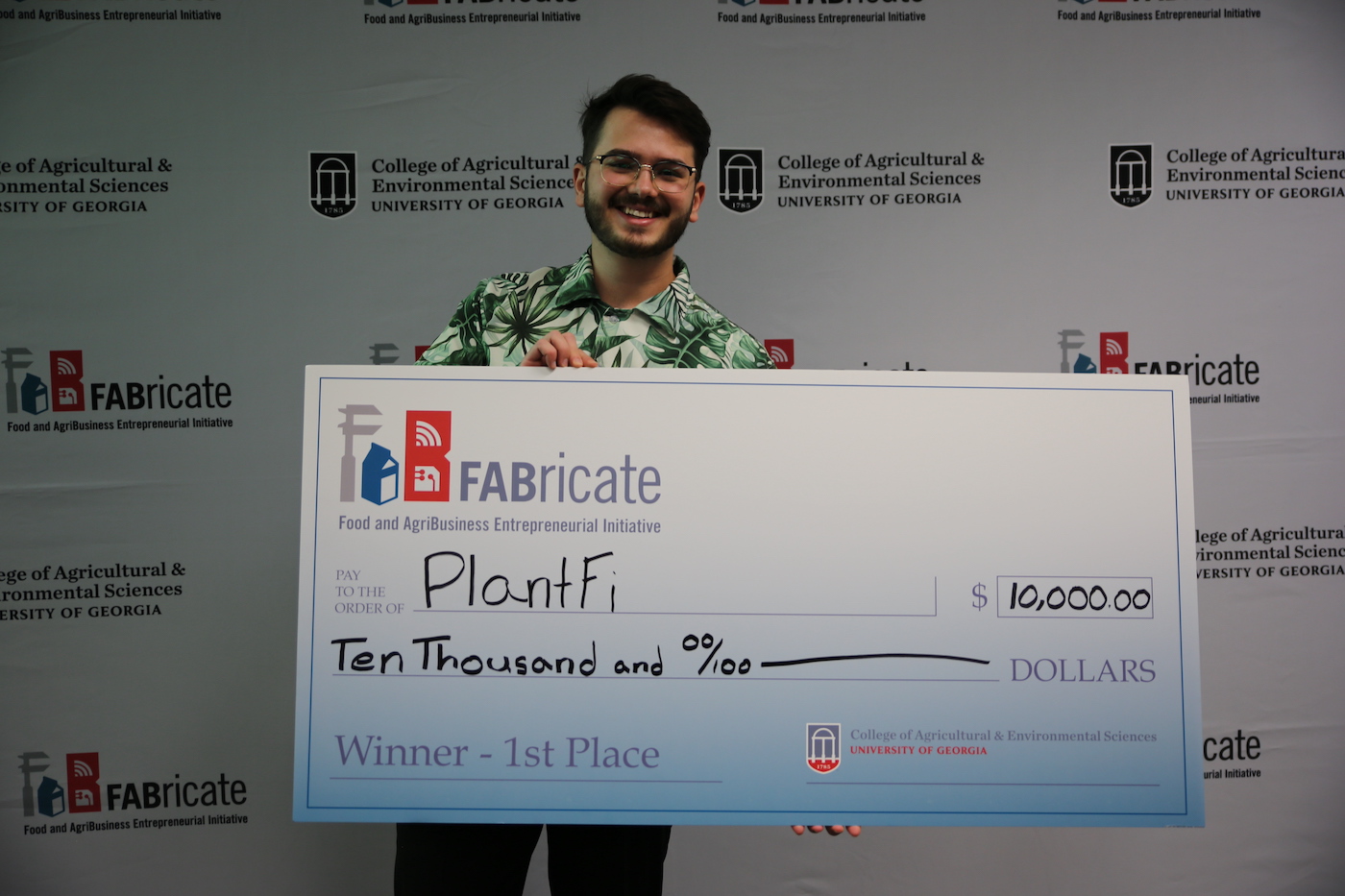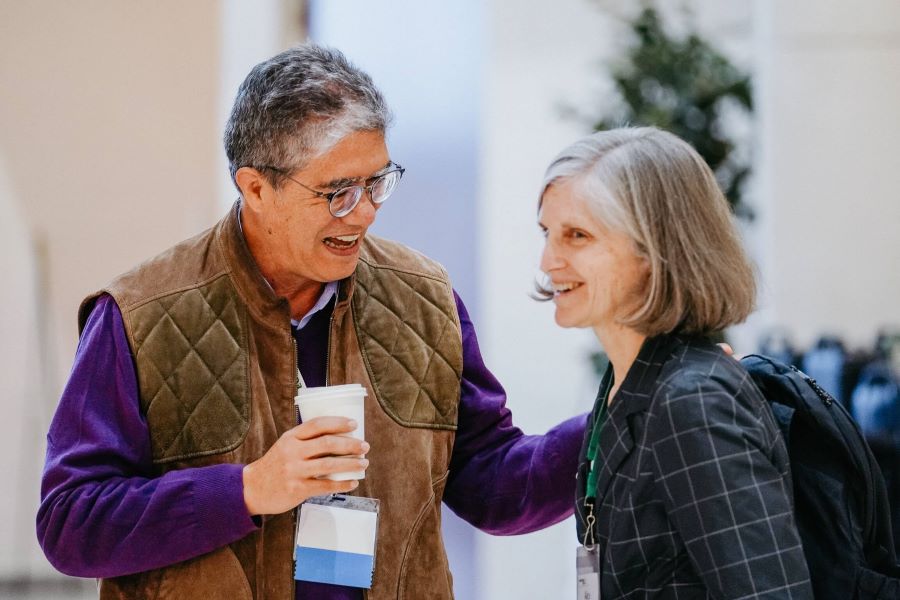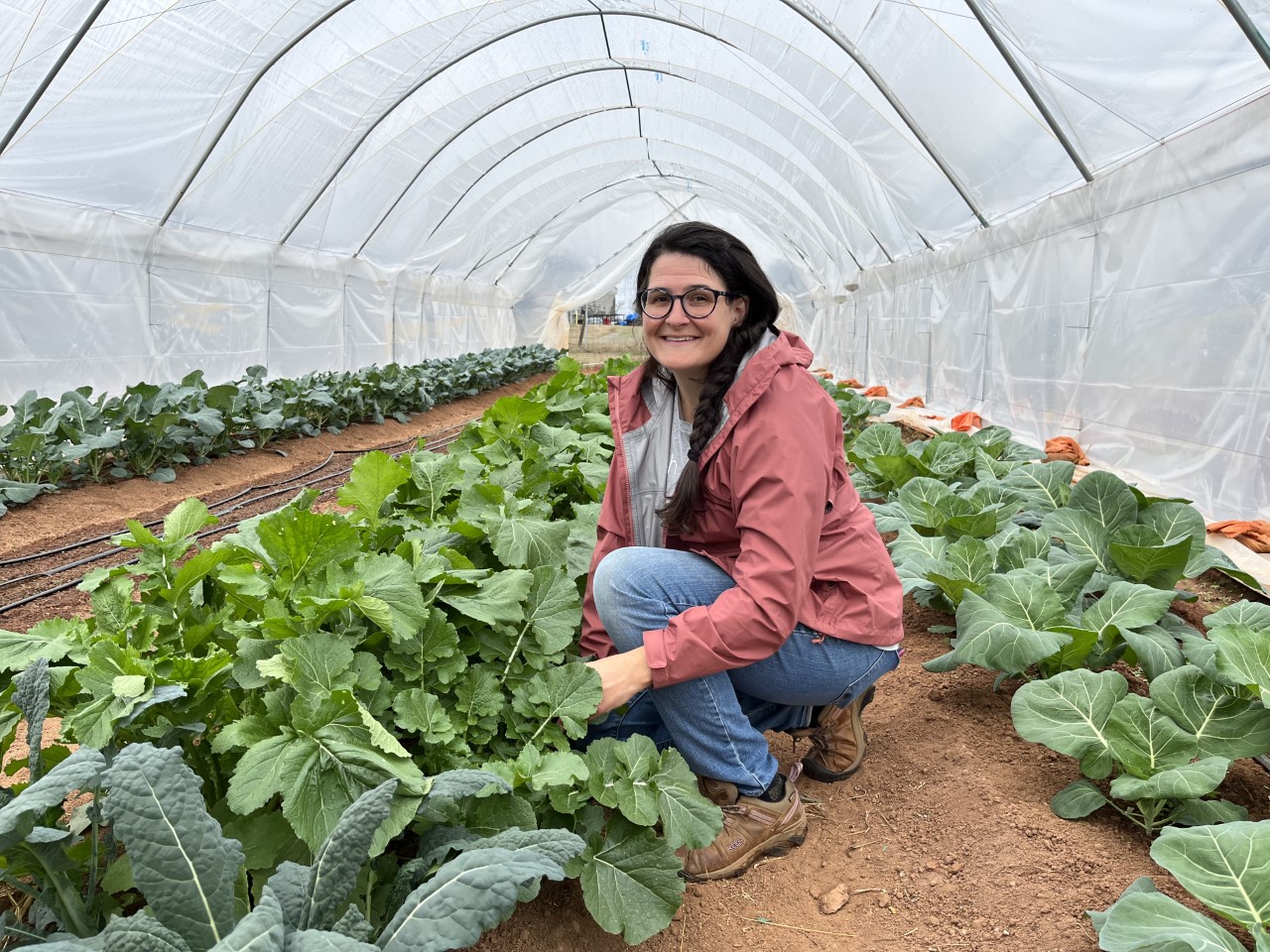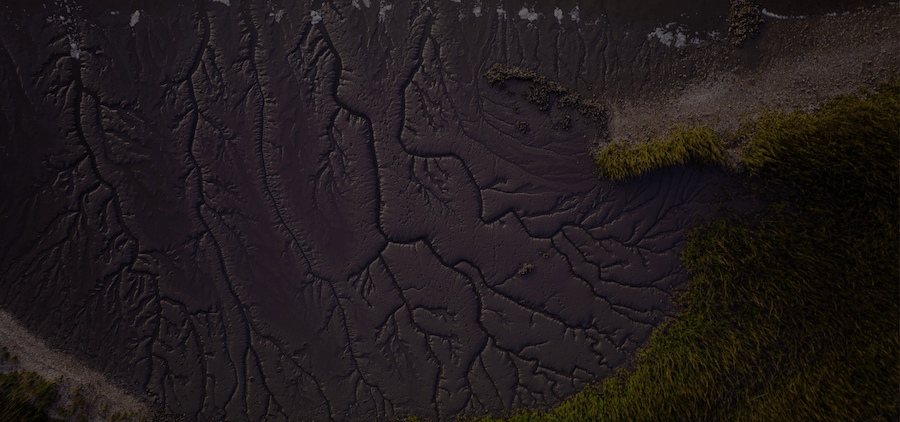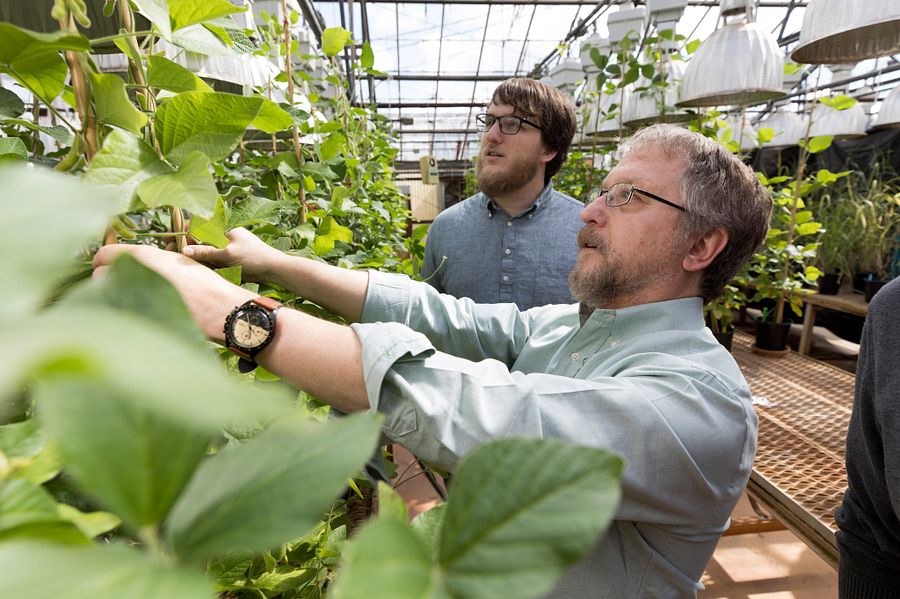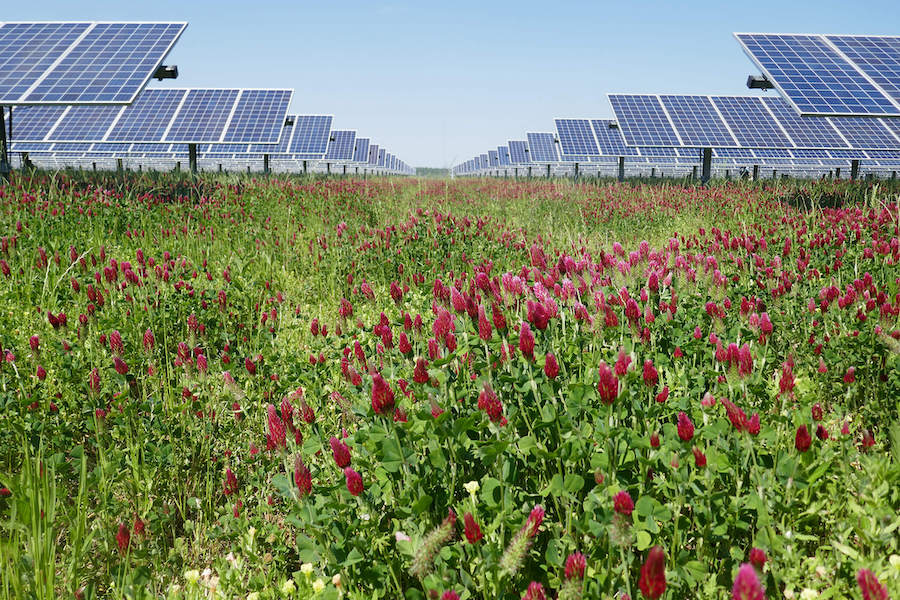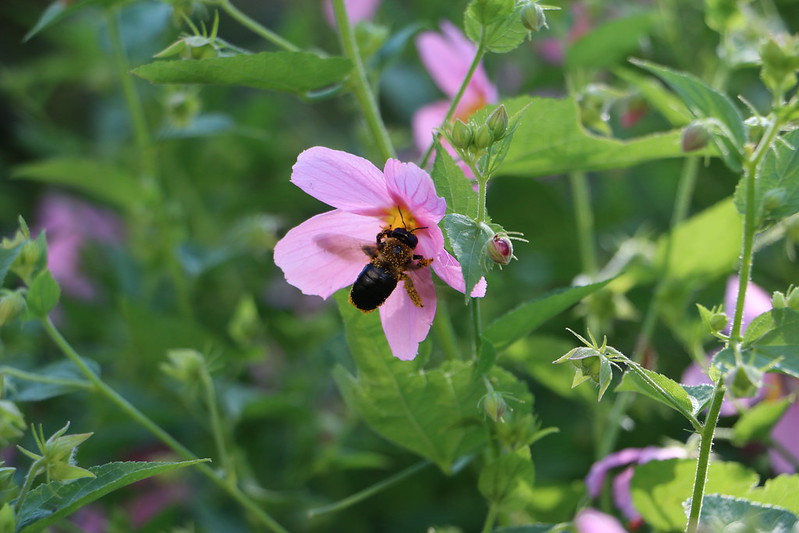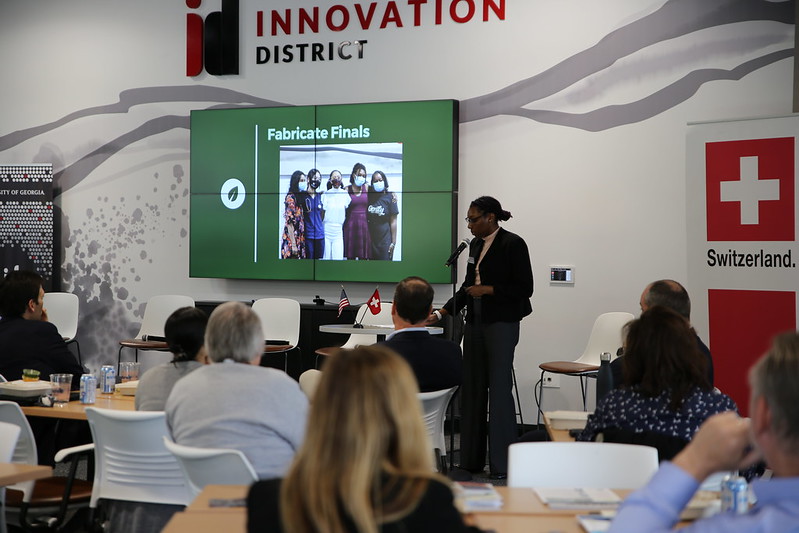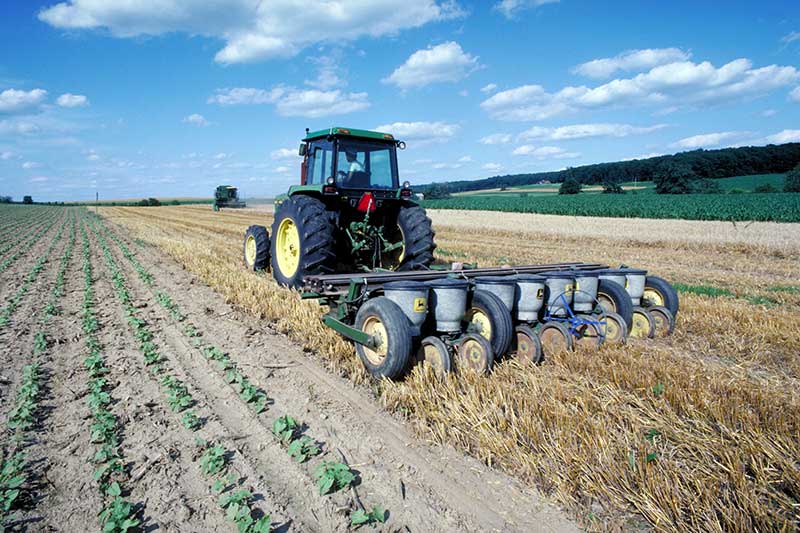 CAES News
CAES News
Southern SARE
The University of Georgia will continue to serve as host institution for the Southern Sustainable Agriculture Research and Education (SARE) program. The U.S. Department of Agriculture program has funded farmer-driven grants and grassroots education programs resulting in climate-smart solutions for farms and ranches in every state and island protectorate since 1988.

